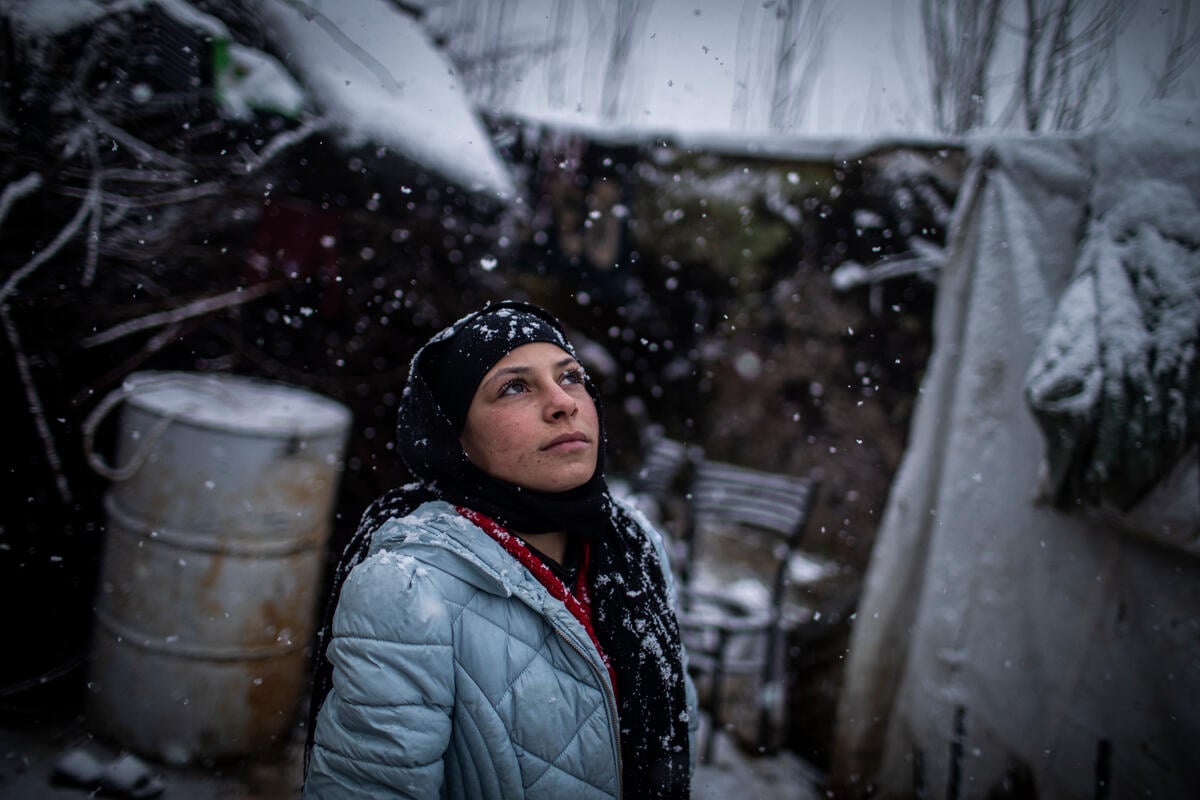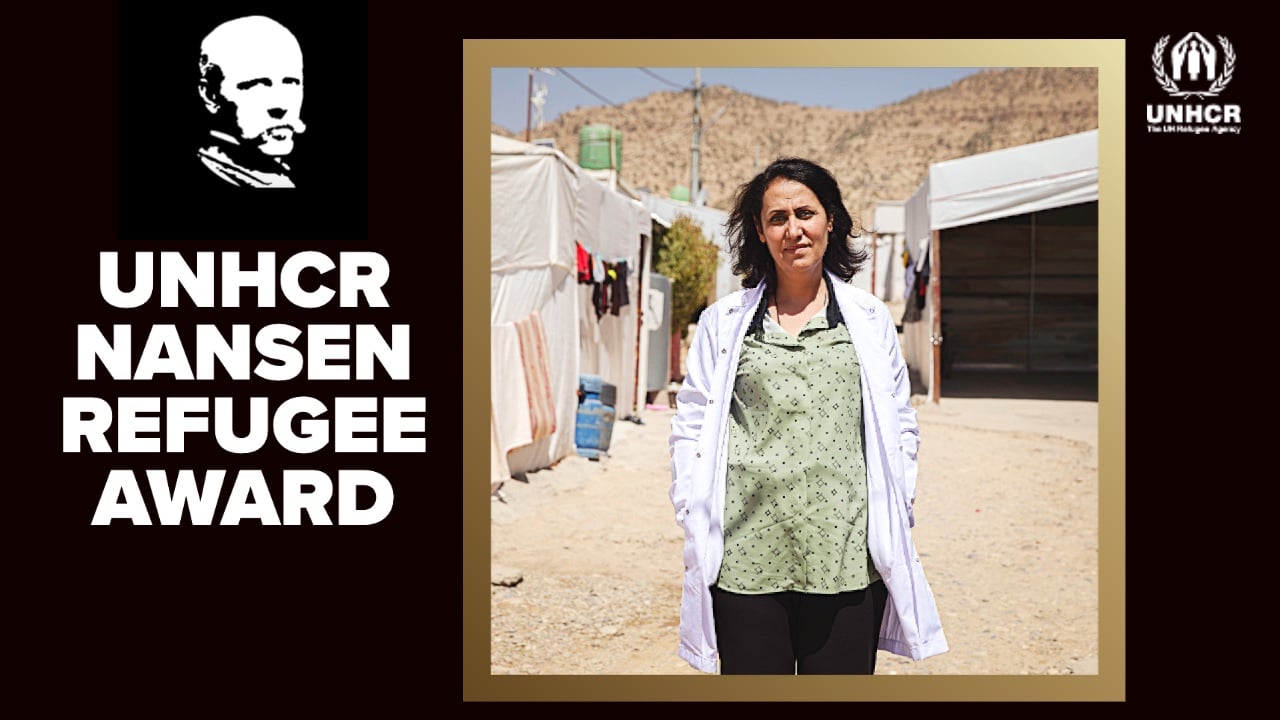Conflicting reports on Iraqi return figures
Conflicting reports on Iraqi return figures

GENEVA, December 7 (UNHCR) - The UN refugee agency said Friday that it is proving difficult to determine exactly how many Iraqi refugees are returning back home. Spokesman William Spindler told journalists that between August and the end of last month, UNHCR staff in Syria had received reports from the Iraqi border authorities that 97,000 Iraqis had entered Syria from Iraq, while at the same time 128,000 left Syria for Iraq through the main Al Waleed border point.
This includes all categories of Iraqis, including bus and taxi drivers, and not just refugees who returned for good. UNHCR does not have a 24-hour presence at the border and relies on various sources to estimate numbers.
An estimated 25,000-28,000 Iraqis returned home between mid-September and the end of November, with the majority - some 20,000 - returning to Baghdad, according to the Iraqi Red Crescent Society.
"UNHCR staff have spoken to a wide range of refugees before they left Syria, and some said they were returning because they believed that security had improved, while others said they had run out of resources and feared the winter period when the cost of living jumps. Others are leaving because they have outstayed their visas," Spindler said.
Some also wanted to arrive before the end of the year to enable their children to enrol in school, the spokesman said, while adding that there was "a real concern among the returnees about longer-term security with many saying they are only returning to areas where they feel secure because of the local security arrangements in place."
According to a survey conducted last week in Baghdad by one of UNHCR's partners in Iraq, of 30 families who returned on a bus convoy organized by the Iraq government, only 33 percent managed to return to their original homes, while the rest ended up in another location in secondary displacement. Some returnees found their property looted, occupied or destroyed.
Earlier this week, the United Nations and the Iraqi government launched a Rapid Response Plan aimed at providing immediate assistance - including supplies such as household items, stoves, blankets and mattresses - to Iraqis who have returned and have specific needs. UNHCR is contributing US$9.5 million to an US$11 million budget aimed at immediately helping around 5,000 families.
Currently, the UN refugee agency is not promoting returns to Iraq. Many areas are still considered unsafe and conditions are not conducive for return. There is a general lack of access to material, legal and physical safety and proper services, such as drinking water, sanitation, food, shelter, health services, education, access to land, recovery of property and employment opportunities.
"Under the present circumstances in Iraq, consistent monitoring and information gathering is very difficult," UNHCR's Spindler said. "In close coordination with the government of Iraq, we will - to the extent possible - continue to assess the situation and advise and support where feasible."
Meanwhile in Syria, where some 1.4 million Iraqi refugees are residing, UNHCR and the World Food Programme have broadened the criteria for food assistance after it became clear that tens of thousands of Iraqis were running out of resources and will need food support in the coming months.
Some 144,000 refugees will benefit from this food assistance in January, a dramatic increase from 51,000 during November-December. This figure is expected to gradually increase, and under current trends is projected to reach 262,800 by the end of December next year.
UNHCR's Iraqi Outreach Volunteers, who work in the refugee community have highlighted the increasing problems faced by Iraqi refugee women and adolescent girls in Syria. They noted that early marriage, temporary marriages and survival sex are becoming an issue in communities that have never faced these problems before. They come at a time when it is clear that many families are running out of financial resources to survive.
For particularly needy refugees, UNHCR Syria is starting a programme of cash assistance with the support of a private bank, which will issue ATM cards to more than 7,000 families. This number is expected to increase rapidly, as UNHCR is currently identifying up to 100 new very needy cases each week.
There are more than 2.4 million Iraqis displaced inside their own country, while above 2.2 million have become refugees in other countries.








